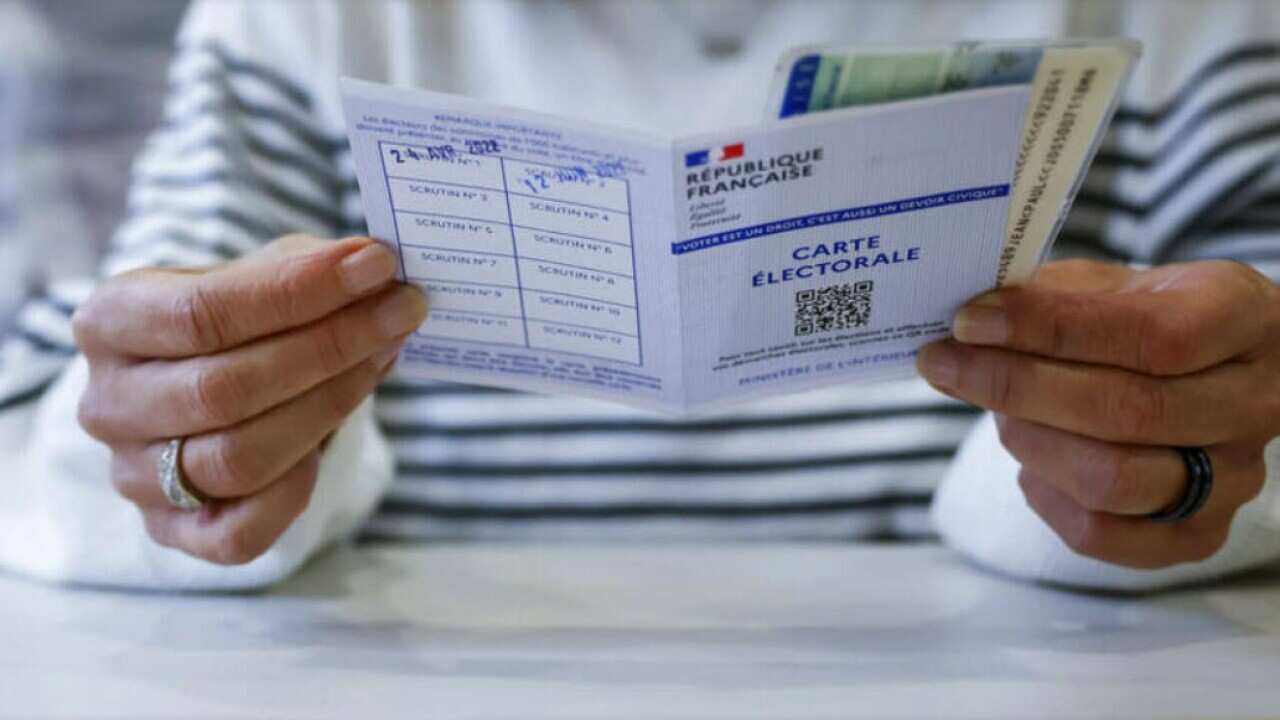Despite historical results Marine Le Pen's Far Right party unlikely to form government in France
Results of the first round of the French legislative elections indicate that the Far Right is leading the polls, followed by a diverse left-wing coalition and Macron's own coalition well beyond them. This is by far the largest amount of votes the Far Right has received in legislative elections in France since the Second World War.
At 11pm Paris time, 33% of the votes went to the far right (National Rally of Le Pen), 29% to the New Popular Front (a coalition of left-wing parties from the far left to the moderate left), and 21% to President Emmanuel Macron's coalition, representing a significant set back for his party. Other smaller parties received the remaining votes, but it is important to note that the above-mentioned data will evolve, but only so slightly in the coming hours, when all votes will have been counted.
Although the National Rally (far right) was ahead at the first round of the legislative elections held on Sunday 30 June in France, alliances that will coalesce between political parties this week are likely to result in the National Rally facing a united front against its candidates in most electorates, making it very difficult for Marine Le Pen and Jordan Bardella's far right populist party to win seats at the National Assembly next Sunday.
The second and most crucial round of these snap 2024 French elections called by President Macron will be held on Sunday 7 July, before Bastille Day and the Olympics. Shortly thereafter, it will be clear whether France has a far-right government, a hard left government, or a government of moderates united against both extreme sides of the political spectrum. Although the third solution appears more plausible than the other two, it may not guaranty political stability either, as diverse coalitions in France don't have a strong track record for stable government.
Overall, although the National Rally seems ahead today, it is unlikely to be able to form government after the second round of the elections on Sunday 7 July. This is because its capacity to attract more voters in the coming days is limited, which has been a recurrent issue for the far right in past elections at the second round.
Only 67% of French voters cast their ballot on 30 June. Although this is a high mobilisation for the first round of a legislative election in the past two decades, it also means that millions of French people could tip the balance one way or another in their electorate next Sunday.
Given France's traumatic experience of the Second World War and the collaboration of its far-right Vichy Government with the Nazis, some French people who did not vote on Sunday 30 June may well head to the polling booth on Sunday 7 July to prevent the far right from winning these legislative elections and forming government.
More importantly, most democrats will make unlikely alliances at local level to prevent the election of far-right MPs. This means that moderate left, centre and moderate right-wing politicians will work with one another in every electorate to decide which candidate is best suited to win in an electorate when facing a far-right candidate.
Leaders of those moderate parties have strong divisions, but they are united in their will to combat the National Rally. Politicians as diverse as Marine Tondelier (Greens), former PM Edouard Philippe (moderate right), François Bayrou (centre), Raphaël Glucksmann (moderate left), current Prime Minister Gabriel Attal (from Macron's own party) and many others have all called for the creation of a "Republican Front" to defeat the National Rally within a hour of the elections' results being made public.
In practical terms, it means that where a moderate candidate from the left, the centre or the right is facing a candidate from the fa-left or the far right in an electorate, the moderate candidate who has received the most votes at the first round of the legislative election will represent all other moderates who will unite behind them, thus gaining a considerable amount of votes which in turn means that a National Rally candidate is unlikely to be elected as a MP.
While this strategy has proven successful in 2002, 2017 and 2022 and may once again work, it does not mean that it will enable France to have a strong and united government even if the far right does not get in.
The coming days are going to be extraordinary within the French political landscape as political alliances will be made and broken while the French are holding their breathe and thinking hard about their vote
Dr. Romain Fathi
Senior lecturer in History, ANU, Canberra
Associated Researcher, Centre for History, Sciences Po, Paris.
Share
